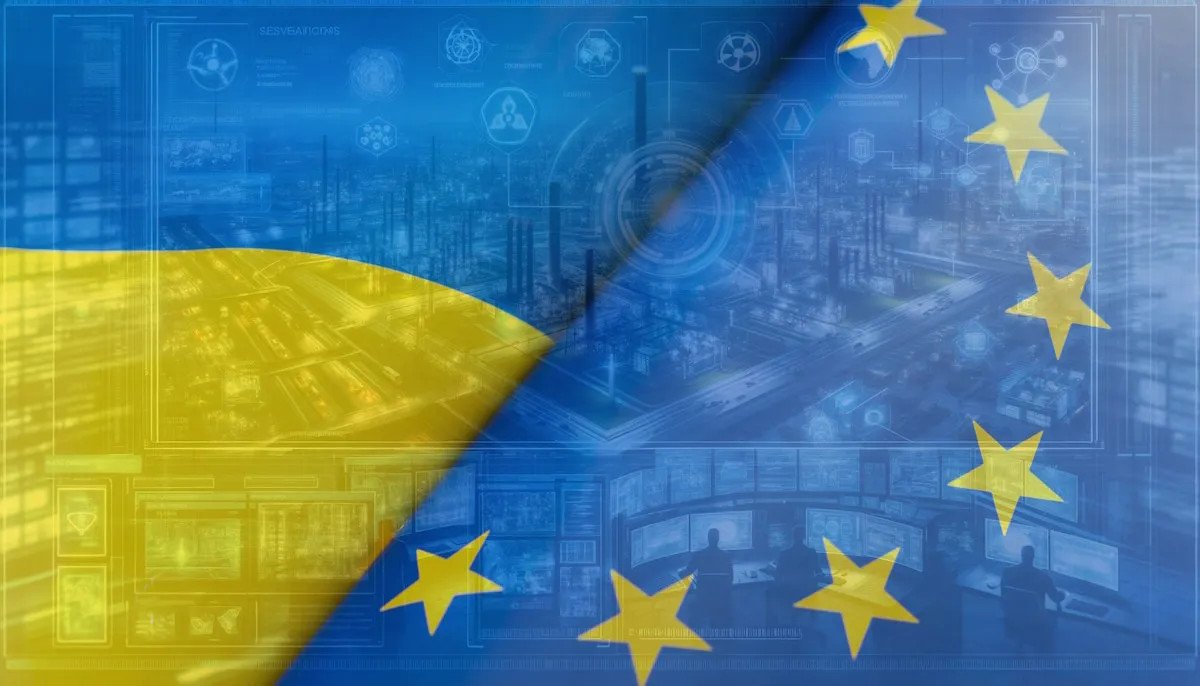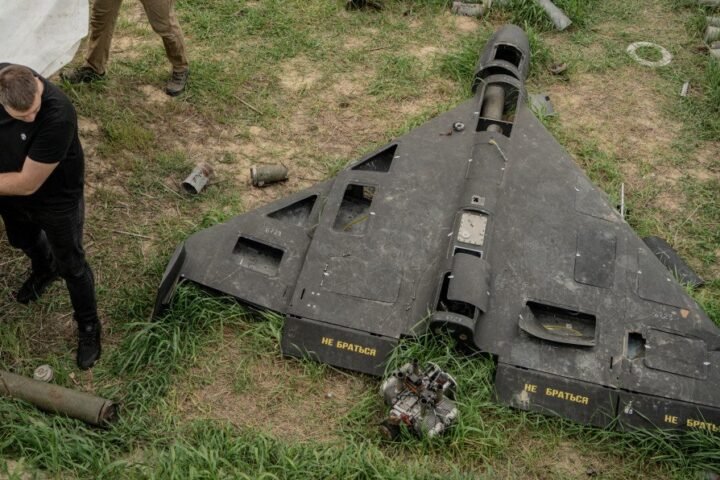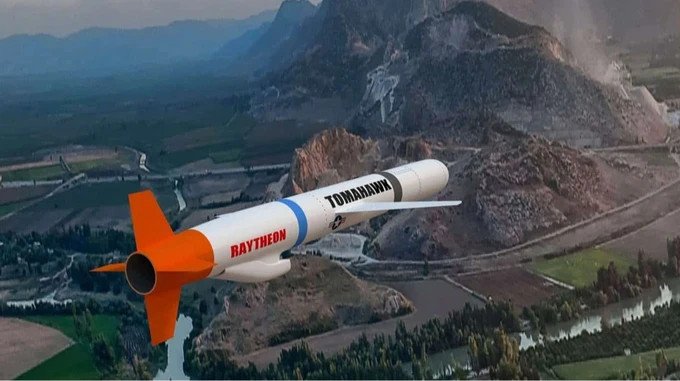Hungarian Prime Minister Viktor Orban said on 12 September that Russian drones had entered Polish airspace, which also means NATO’s territory, calling the incident “unacceptable” and expressing full solidarity with Warsaw. Speaking on Kossuth Radio, Orban insisted that while Poland is “up to its neck” in the war, Hungary remains outside of it. He described the drone intrusion as “the embodiment of the dangerous conditions in which we live” and warned that the threat of war is immediate and could affect any country in the region.
Poland calls incident a deliberate attack
On the night of 9–10 September, Russian drones launched from Russian territory violated Poland’s airspace, marking the largest such breach of a NATO member state since Moscow’s full-scale invasion of Ukraine in 2022. Polish and allied fighter jets, including from Germany and the Netherlands, were scrambled to intercept the drones. Polish Prime Minister Donald Tusk described the strike as a “deliberate and coordinated attack,” while Russian officials denied responsibility.
US response highlights divisions
President Donald Trump suggested the drones may have entered Poland’s airspace by mistake and refrained from condemning Russia. His stance contrasted with NATO allies, as Warsaw convened an emergency UN Security Council meeting and activated Article 4 of the North Atlantic Treaty. NATO said the drone incident was intentional but stopped short of treating it as an attack on the alliance.
Hungary’s balancing act
Orban emphasized Hungary’s historic friendship with Poland but maintained Budapest’s position of avoiding direct involvement in the war. Unlike Polish society, which perceives Russia as an existential threat, the Hungarian government has consistently distanced itself from military support for Ukraine. Orban argues that Western arms deliveries only prolong the fighting and delays peace talks, while Hungary advocates immediate negotiations with Moscow.
Energy ties and EU tensions
Orban’s approach also reflects Budapest’s reliance on Russian energy. Hungary continues to purchase cheap Russian oil, gas, and nuclear fuel, resisting US calls to diversify supplies. Washington has urged Hungary and Slovakia to phase out Russian energy, with US Energy Secretary Chris Wright stressing that Europe should rely on resources from “its friends.” In Brussels, Hungary has repeatedly used its veto to block EU military aid for Kyiv and complicate the renewal of sanctions on Moscow, including delaying the release of €6.6 billion from the European Peace Facility meant to support Ukraine.
Strategic implications
By showing solidarity with Poland while reiterating Hungary’s non-involvement, Orban seeks to balance relations with both NATO allies and Moscow. His rhetoric mirrors Russian narratives of “war fatigue,” reinforcing his call for an immediate ceasefire and negotiations. This stance risks deepening divisions within the EU and NATO over how to confront Russia, while leaving Central Europe exposed to the spillover effects of Moscow’s war against Ukraine.









